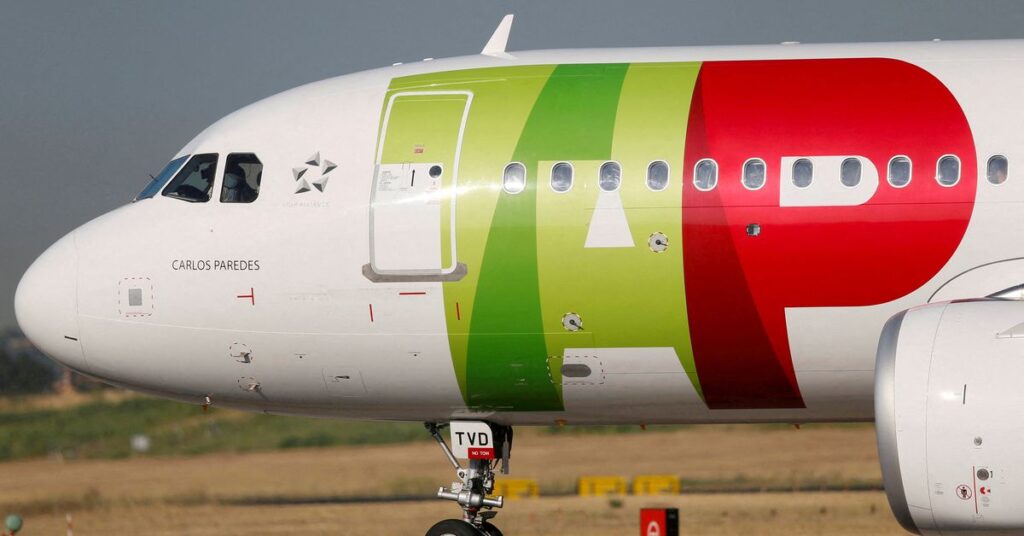LISBON, June 21 (Reuters) – Keeping Lisbon’s airport hub and safeguarding TAP’s strategic role for Portugal will be key conditions of the airline’s upcoming privatisation, more than the sale price, the government said on Wednesday.
Portugal wants to keep a strategic stake in TAP and will not offer all its capital in the privatisation, which could be launched as early as July after two independent advisers establish the airline’s value.
Infrastructure minister Joao Galamba said Portugal “will not give up keeping the Lisbon hub, safeguarding the company’s strategic value, which is its Portuguese identity and, hopefully, the increase of its contribution to the economy.”
“These are the core goals that will guide the privatisation,” Galamba told a parliamentary committee.
He said that “once these core goals are guaranteed, the government will seek to maximize revenue from the sale, but maximizing revenue in itself is not the central objective.”
TAP is crucial for Portugal mainly because, through the Lisbon hub, it flies in the bulk of air travellers to the country, supporting the current tourism boom, the government has repeatedly said.
Additionally, the airline buys more than 1 billion euros ($1.1 billion) worth of goods and services annually from around 1,200 Portuguese companies.
At least three major global carriers, Lufthansa (LHAG.DE), Air France-KLM (AIRF.PA) and British Airways-owner International Consolidated Airlines Group (ICAG.L), have shown an interest.
Lufthansa said last month it was taking a 41% stake in Italian carrier ITA Airways in the latest major consolidation in the aviation sector in Europe.
Galamba said the privatisation would be drawn up “with a view to maximizing competition” between bidders, adding that TAP, which secured a Brussels-approved 3.2 billion euro bailout during the pandemic, was “a sustainable and viable company”.
TAP’s first-quarter net loss more than halved to 57.4 million euros as passenger numbers surpassed pre-pandemic levels.
($1 = 0.9158 euros)
Reporting by Sergio Goncalves Editing by Inti Landauro and Mark Potter
: .


